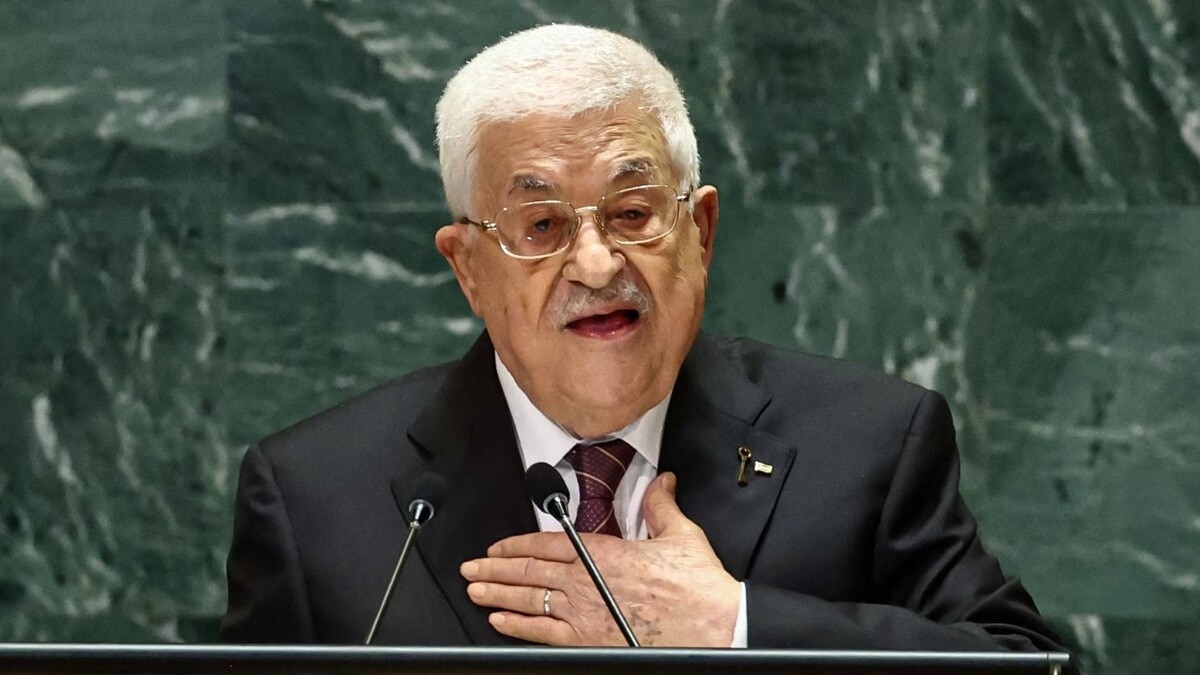India supported an important proposal in the United Nations General Assembly (UNGA) on Friday, allowing Palestinian President Mahmood Abbas to address through video messages in the upcoming high -level session. This step was taken when the US refused to give visas to the Palestinian authorities and canceled some visas of some, which made their personal presence impossible.
The 193 -member General Assembly proposed the title ‘Participation by the State of Palestine’. This was supported by 145 countries, while five countries including the US and Israel protested and six avoided voting. India was also one of the countries which supported this proposal.
Also read: Palestine, immigration and energy … Trump expressed resentment from British PM stormer on three issues, said- does not agree
Related news
The proposal states that President Abbas will take part in the general debate of the 80th session of UNGA on 25 September and his pre -recorded message will be run in the Mahasabha Hall. Earlier, the General Debate will start from 23 September. According to the proposal, if the Palestinian representatives are prevented from coming individually, Palestine can send a video message of its president or a high -level representative to any UN conference or meeting.
Message permission in peace conference
Palestine has also been allowed to send video messages in the international conference ‘Peaceful Settlement of Palestine and Implementation of the two-State Solution’ to be held on 22 September. Passing this decision, the General Assembly regretted the US step and called it a ban on the participation of representatives of Palestine.
Also read: In support of giving state status to Palestine, India, voted in favor of proposal in UN
India and Palestine Relationships
Palestine is currently ‘Non-Member Observer State’ in the United Nations and has been included in this status since 2012. In this situation, he may join the meetings but does not have the right to vote. There are only two ‘non-members Observer State’ in the world-Palestine and Holi C. India was one of the first countries to recognize Palestine in 1988 and has been continuously supporting two-nation solutions.
—- End —-
![]()

